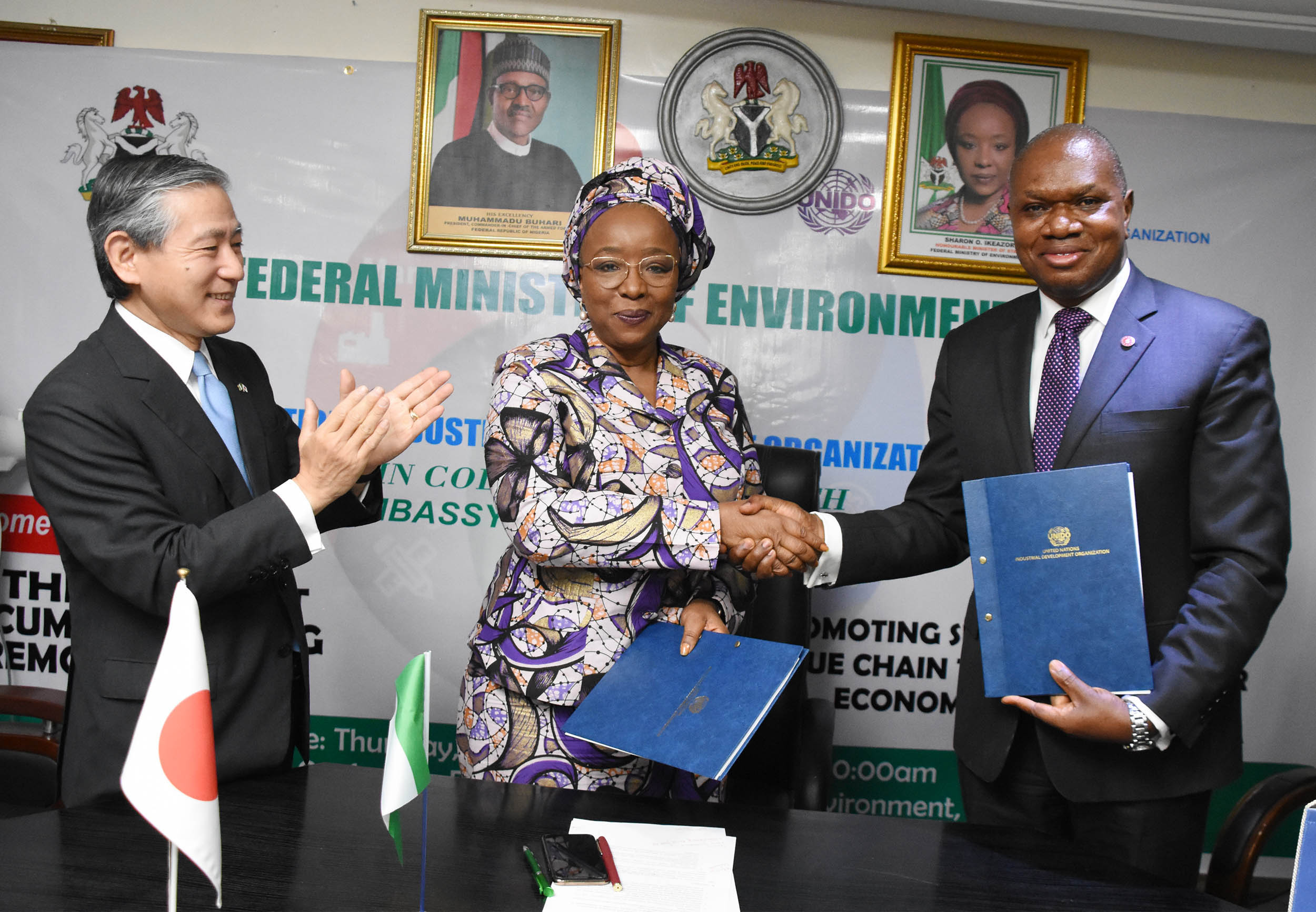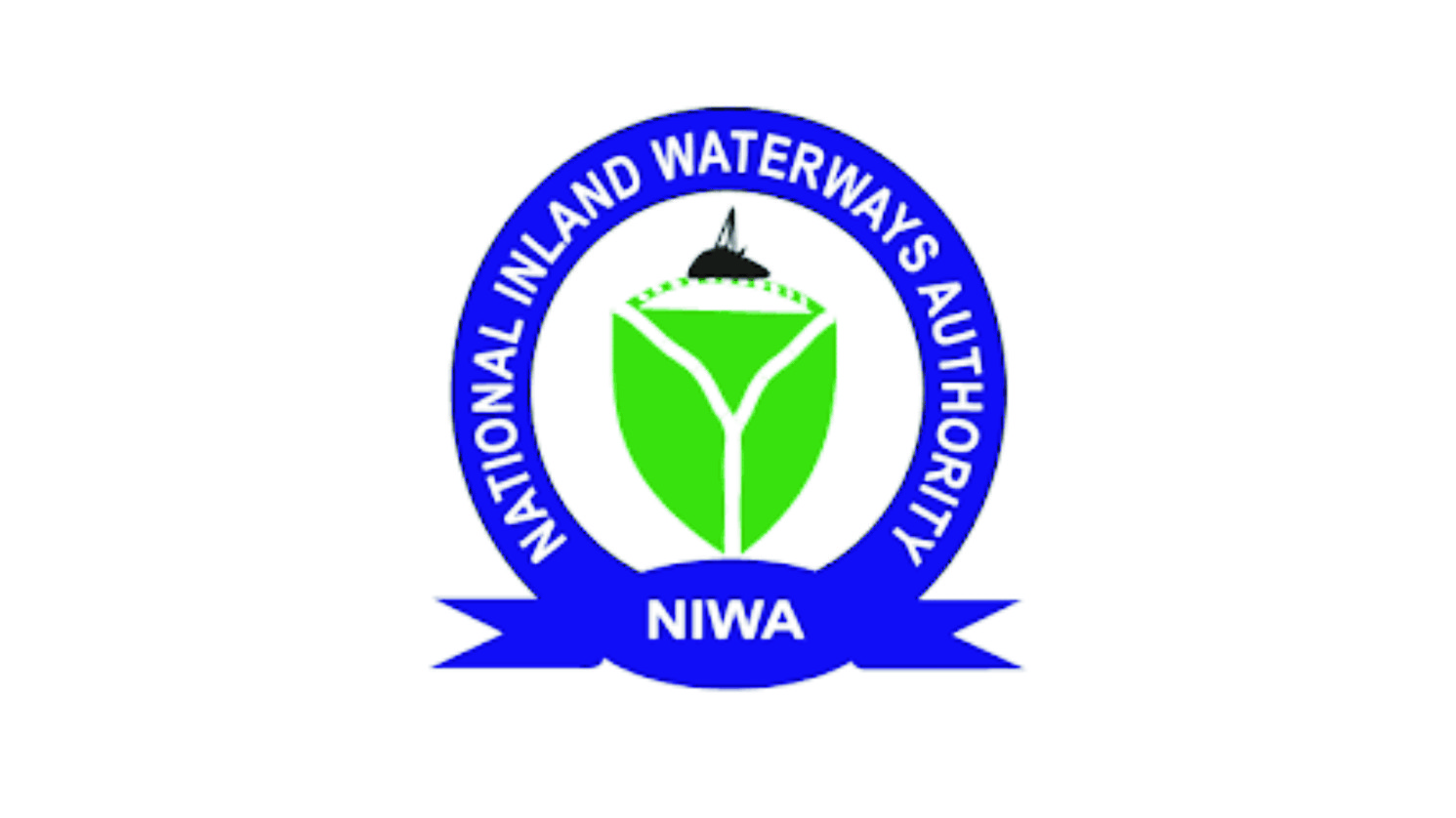Business
Global Economy: Hydrogen Market Growth To Surge In 2023

Hydrogen development, given its application across various industries, is indispensable to attaining energy transition, meeting decarbonization goals, and positioning leading companies as market experts.
In 2022, green hydrogen production capacity reached over 109 kilo tons per annum (ktpa) worldwide, representing 44% growth compared to 2021, says GlobalData, a leading data and analytics company.
GlobalData’s recent publication “Hydrogen Transition Outlook and Trends: Q1 2023,” highlights deals, trends, and investments as useful benchmarks to identify those leading companies driving the hydrogen market growth.
Andres Angulo, Energy Analyst at GlobalData, comments: “During 2022, over 393 deals related to hydrogen were closed, representing a significant increase compared to 277 deals registered in 2021.
“This shows an upward trend in the low-carbon hydrogen market development, which could be decisive in achieving over 111 million tons per annum (mtpa) capacity worldwide by 2030.
“However, the partnerships represented 66% of the deals last year, and the number of deals decreased after Q2 2022 to numbers even below those seen in the same quarter in 2021.
“This could have been due to the companies trying to strengthen their core business and diversify the investment risk given the global economic situation”.
Despite the high number of partnerships formed between companies as compared to government agencies, investing and raising capital were of the utmost importance to developing the hydrogen economy in 2022.
“Last year, mergers and acquisitions (M&A) deals reached $24.4 billion in monetary value, representing a 288% increase compared to 2021 levels.
“On the other hand, venture finance deal values also grew from $595.23 million to over $3,001.1 million.
In 2022, over 111.9 mtpa low-carbon hydrogen capacity was announced in the US, Denmark, Egypt, Canada, Portugal, and other countries.
“In Canada, Green Hydrogen International (GHI) announced two important green hydrogen projects as a sole participant, with 43 mtpa capacity each, which are expected to begin production in 2030.
Some other companies took part in multiple project investments globally to diversify their risk, including Fortescue Industries, which has two-thirds of its capacity outside its home country, Australia.
Companies like GHI, Suez Canal Economic Zone, New and Renewable Energy Authority, Sovereign Fund of Egypt, and Egyptian Electricity Transmission Co are the global leaders in low-carbon hydrogen, with 56.3 mtpa active and upcoming capacity combined.
As part of developing low-carbon hydrogen, and with electrolysis being a key technology to produce green, an electrolysis capacity of over 1,065 GW is now in pipeline.
“This is mainly being produced by manufacturing companies such as Hydrogenics, Nel ASA, ThyssenKrupp, ITM Power, HydrogenPro, Enapter and Plug Power.
During last year, as the hydrogen economy raised, companies like Globeleq Africa, Linde, John Wood Group, ThyssenKrupp, H2-Industries, Alcazar energy, and Samsung Engineering took advantage of the growing demand for hydrogen capacity and became the Engineering, Procurement & Construction (EPC) leaders for green projects.
Business
NIMASA Commits To Creating Enabling Environment For Maritime Business

Business
FG Inaugurates Special Committee Against Boat Accident


